By Mehmet Emin Hazret
Recently, I had the chance to speak with a Turkish citizen who had just returned from visiting East Turkistan. For his safety, I will not reveal his real name; let’s call him “Hakan.”
Hakan told me about his experience as follows:
“I had read many articles and watched videos about what has been happening in East Turkistan. The stories I heard from my Uyghur friends revealed the horrifying scale of the genocide. Hundreds of Uyghurs in Turkey had relatives in camps or prisons back home. In those years, I saw their desperation and witnessed their tears.”
Observations: A Touristic Mask
In July 2025, Hakan traveled to Ürümqi with a Uyghur friend, and what he saw there was not what he expected. They were invited to a wedding—ten large round tables, each seating twelve people, for a total of 120 guests. The hall was grand, filled with well-dressed, cheerful people. Dishes arrived at the tables in abundance, repeatedly served in quantities that bordered on waste. Music played, people danced, alcohol flowed.
But one detail struck him: everyone in the hall was speaking Mandarin Chinese. There were no visible Chinese police, yet no one spoke Uyghur. Even when Hakan tried to use a few Uyghur words he had learned while shopping at the bazaar during the day, he was answered in Chinese.
As the wedding neared its end, more food arrived—Uyghur pilaf and shish kebabs. The uneaten food was collected and thrown away. Then, five whole roasted lambs were brought in to applause. Hakan was puzzled:
“In Turkey, everyone says ‘More than a million Uyghurs have been killed or have disappeared.’ How can a community that has gone through such pain appear so cheerful? Why wouldn’t a persecuted people use this money, wasted on extravagance, to help the families of victims?”
Unseen Realities and Silence
Hakan wanted to ask questions about the situation but was warned by his Uyghur friend:
“Don’t ask such dangerous questions. They will report you, and you will get into trouble.”
What he saw and heard kept Hakan awake for many nights.
2017–2024: The Period of Harsh Repression
From early 2017 to the end of 2024, according to human rights organizations, Uyghur and Kazakh elites, wealthy individuals, and religious leaders were systematically targeted. Many were either killed or given long prison sentences. Some of the survivors remain behind bars to this day.
2025 and Beyond: Image Transformation
From 2025 onwards, China implemented a new strategy aimed at erasing the traces of the repression period and presenting a positive image to the international community:
Tourism Drive: A heavy influx of tourism from China to East Turkistan was initiated.
Economic Incentives: Uyghurs known to have cooperated with the authorities or shown pro-Chinese attitudes during the repression years were encouraged to rent rooms to Chinese tourists and serve them traditional Uyghur dishes.
Opening to the Outside World: Flights began arriving at Ürümqi Airport from Europe, Central Asia, the Middle East, and South Asia.
Cultural Showcase: Mosques were turned into tourist attractions; for example, the entrance fee to the famous Id Kah Mosque in Kashgar became 30 Renminbi.
Economic Restrictions: Uyghurs, still banned from working in state-owned strategic industries, were largely confined to running restaurants and market stalls.
Additionally, visas began to be granted to Uyghurs living in the diaspora. Those who visited often posted videos on social media showing “happy Uyghurs,” which were promoted internationally.
Unanswered Questions
Behind this polished façade, unanswered questions remain: Where are the well-known Uyghur intellectuals who were given long prison sentences? In which prisons are they being held? Why is there still no information about them?
Conclusion: Can Tourism Hide the Truth?
It is clear that the seven years of repression, the countless disappearances, and the blood that was shed cannot be completely covered with a touristic makeover. Image management cannot erase the memory of history. The belief that one day this account will be settled remains alive.
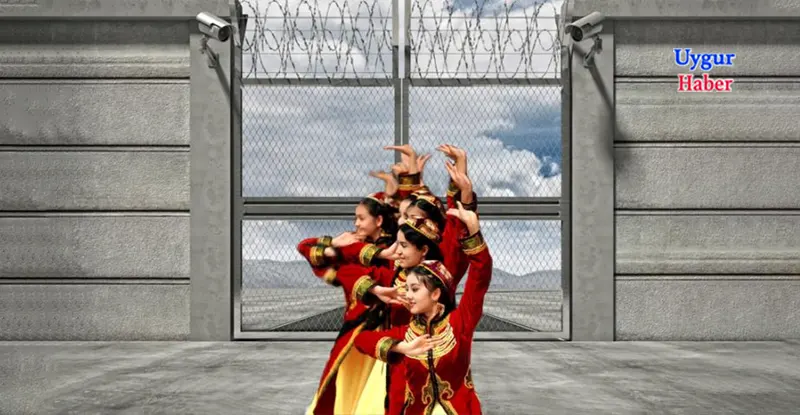

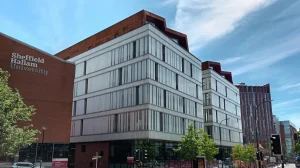
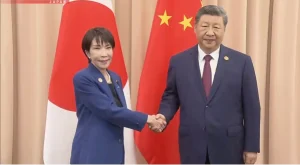
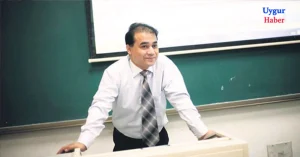
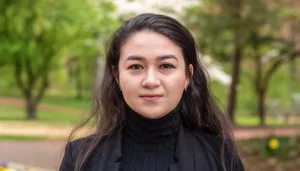

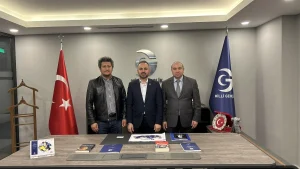
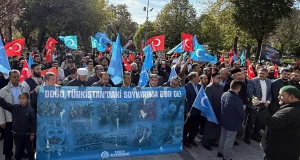

Be First to Comment